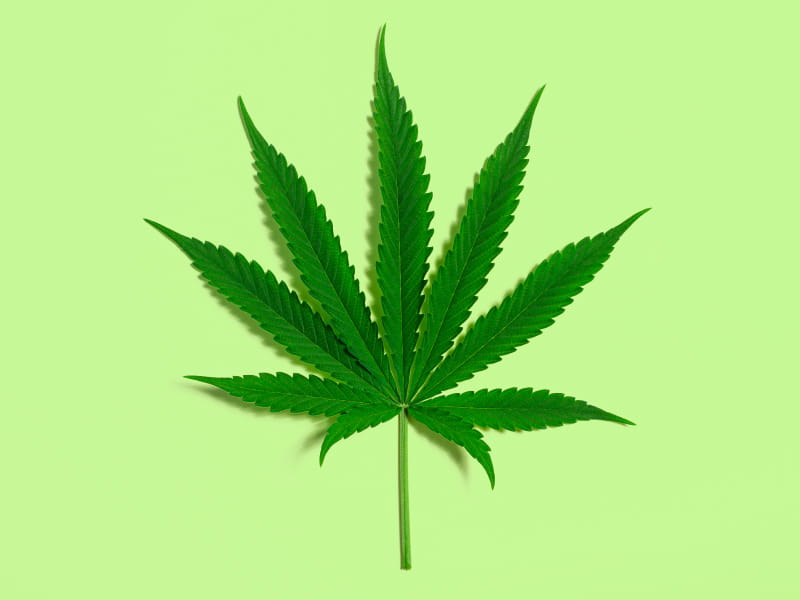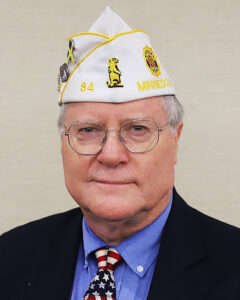What about pot at the posts?

New cannabis law raises questions
ST. PAUL — The Minnesota Legislature in mid-May passed a bill that legalizes the use of marijuana for people 21 or older. Gov. Tim Walz signed the bill 10 days later.
Possession of up to 2 ounces of the cannabis plant (or 8 grams of its concentrate) became legal Aug. 1. To be sure, open containers of it are not allowed in motor vehicles.
Licensed retail sales, however, are the next step on the horizon, and it raises key questions: Could bars that already sell liquor begin selling cannabis products? What about the bars in the posts of The American Legion? Could this be a new revenue stream?

The bill has several provisions that begin to take shape over the course of two years up until March 1, 2025. Retail sales in stores will not begin until 2024 and possibly 2025, depending on local cities and counties.
That’s because cities and counties have been given the authority to determine if and where they want to allow it, said American Legion Department of Minnesota Judge Advocate Greg Colby.
“It still is illegal to smoke either marijuana or tobacco products inside American Legion bars and pubs,” he said. “Many bars and pubs allow their patrons to smoke outside the door of their building. There may be rules that state how far from the door patrons must stand if smoking. Those rules probably apply to all smokers whether it’s marijuana or tobacco.”
Owners of bars, restaurants and other retail establishments including Legion posts have the right to ban the use of marijuana, or specific forms of it, on the property, Colby said. If, say, the post allows edibles but not smokeables, they can put up a sign.
The same rules for removing policy violators apply.
As for selling the stuff, here’s where it gets complicated.
The law indeed green-lights the sale and use of THC edibles, such as gummies and seltzers, in places where alcoholic beverages were already permitted. Minnesota is the first in the nation to take this step.
However, according to an Aug. 3 story from Minnesota Public Radio, there will not be mixing and matching.
“At some bars and breweries, such as Arbeiter Brewing in Minneapolis, patrons who opt for THC products will get a special wristband or stamp which will indicate to servers that they’re not drinking beer,” the MPR story says.
It later states: “As part of an attempt to add some guardrails this year, lawmakers passed new regulations that more clearly define what restaurants, bars and breweries can serve. A pending update limits use of both hemp-derived THC products and marijuana to adults age 21 and older, but it says establishments can’t serve someone both alcohol and THC products during the same visit.”
MPR spoke with Minnesota Licensed Beverage Association Executive Director Tony Chesak, who said, “If you as a bartender or an owner of a bar know that a customer has consumed an alcoholic beverage within five hours of them coming to your place, you’re not legally allowed to sell them a THC beverage or a THC product.”
He added these rules are slated to take effect in 2025.
The League of Minnesota Cities provides further insight on its website: “Cities will be responsible for registering certain cannabis businesses once they receive a license from the state. These businesses include cannabis retailers, cannabis microbusinesses, and mezzobusinesses with retail-operation endorsements, medical cannabis retailers and medical cannabis combination businesses, and lower-potency hemp edible retailers.
“Cities may impose an initial retail registration fee of $500 and a renewal registration fee of $1,000, or up to half the amount of the applicable initial license fee for each business, whichever is less.”
The League of Minnesota Cities says the law provides that local government will conduct compliance checks and can revoke licenses for businesses not in compliance.


